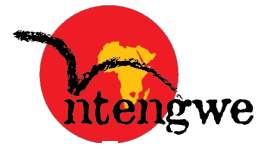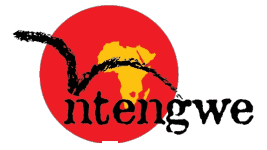Sewing Sanitary Pads to Create Livelihoods Support
Petal Pilot Project
In Matabeleland North, gender inequality is prevalent. Women and girls suffer disproportionally from poverty, which has a wide range of detrimental effects on the lives of women and girls. Women have fewer employment opportunities, and often struggle to access the capital, resources, and knowledge necessary to start their own businesses or income generating activities.
Women and girls do not have access to affordable menstrual hygiene products like pads, tampons or menstrual cups because they do not have the disposable income necessary to purchase these products.
Young women from poor families, during menstruation, drop out of school as they have no access to feminine hygiene products.
In partnership with a social Petal franchise program, Wessex Social Ventures (WSV), a community Interest Company limited who invest in people’s potential for entrepreneurship by providing pre-built micro-enterprise solutions, we create micro-enterprises that provide a fundamental solution to communities by creating a wider impact than just on the entrepreneurs.
Creating Education and Work Opportunities for Young Women
 We provide the machinery, start-up capital, training, and technical oversight and we provide the capital investment for the purchase of the production equipment.
We provide the machinery, start-up capital, training, and technical oversight and we provide the capital investment for the purchase of the production equipment.
Young women make and sell reusable sanitary pads for as little as 10% the cost of commercial alternatives, $150 for a bag of 3 reusable pads. This creates access for those whose needs previously went unserved, especially to women who struggle to support their families – even more so for those caring for children with disabilities.
The entrepreneurs also deliver free education on menstruation to whole communities to generate a universal understanding and break down stigma, doubling as marketing technique.
Women driving social change
The sanitary pad-making project has created local production hubs, which are fully run and operated by women. These hubs provide job opportunities for women, enabling them to make an income, and also contribute to meaningful social change in their communities, as they sell and distribute pads, and provide education and awareness about menstruation.

